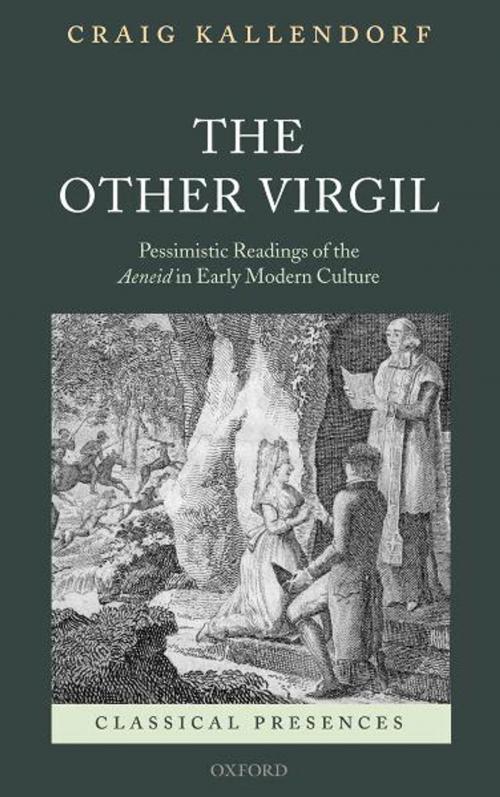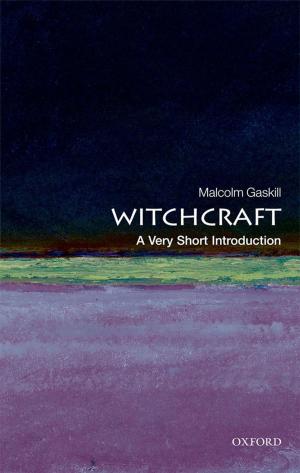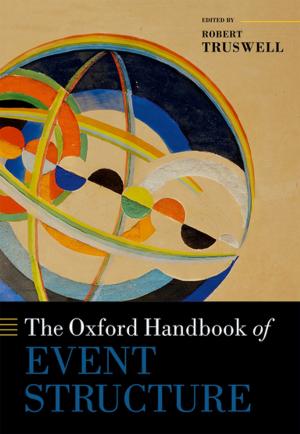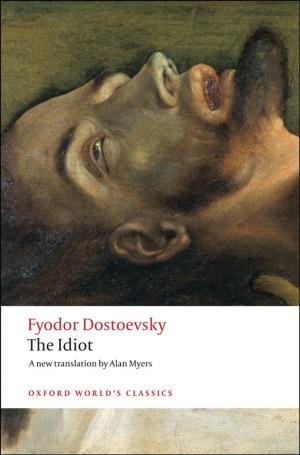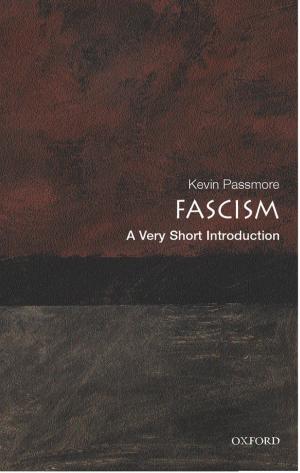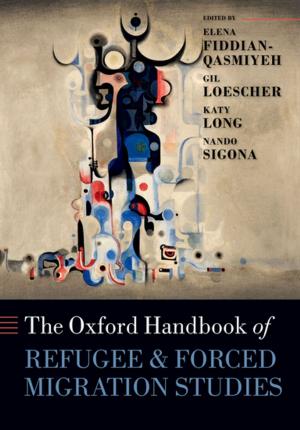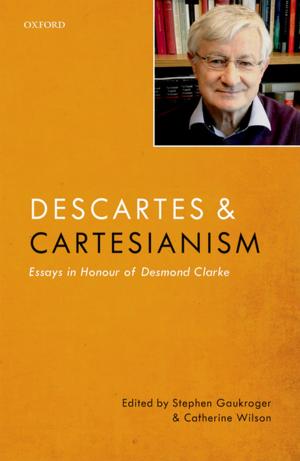The Other Virgil
`Pessimistic' Readings of the Aeneid in Early Modern Culture
Fiction & Literature, Literary Theory & Criticism, Ancient & Classical, Poetry History & Criticism| Author: | Craig Kallendorf | ISBN: | 9780191607394 |
| Publisher: | OUP Oxford | Publication: | October 18, 2007 |
| Imprint: | OUP Oxford | Language: | English |
| Author: | Craig Kallendorf |
| ISBN: | 9780191607394 |
| Publisher: | OUP Oxford |
| Publication: | October 18, 2007 |
| Imprint: | OUP Oxford |
| Language: | English |
The Other Virgil tells the story of how a classic like the Aeneid can say different things to different people. As a school text it was generally taught to support the values and ideals of a succession of postclassical societies, but between 1500 and 1800 a number of unusually sensitive readers responded to cues in the text that call into question what the poem appears to be supporting. This book focuses on the literary works written by these readers, to show how they used the Aeneid as a model for poems that probed and challenged the dominant values of their society, just as Virgil had done centuries before. Some of these poems are not as well known today as they should be, but others, like Milton's Paradise Lost and Shakespeare's The Tempest, are; in the latter case, the poems can be understood in new ways once their relationship to the 'other Virgil' is made clear.
The Other Virgil tells the story of how a classic like the Aeneid can say different things to different people. As a school text it was generally taught to support the values and ideals of a succession of postclassical societies, but between 1500 and 1800 a number of unusually sensitive readers responded to cues in the text that call into question what the poem appears to be supporting. This book focuses on the literary works written by these readers, to show how they used the Aeneid as a model for poems that probed and challenged the dominant values of their society, just as Virgil had done centuries before. Some of these poems are not as well known today as they should be, but others, like Milton's Paradise Lost and Shakespeare's The Tempest, are; in the latter case, the poems can be understood in new ways once their relationship to the 'other Virgil' is made clear.
